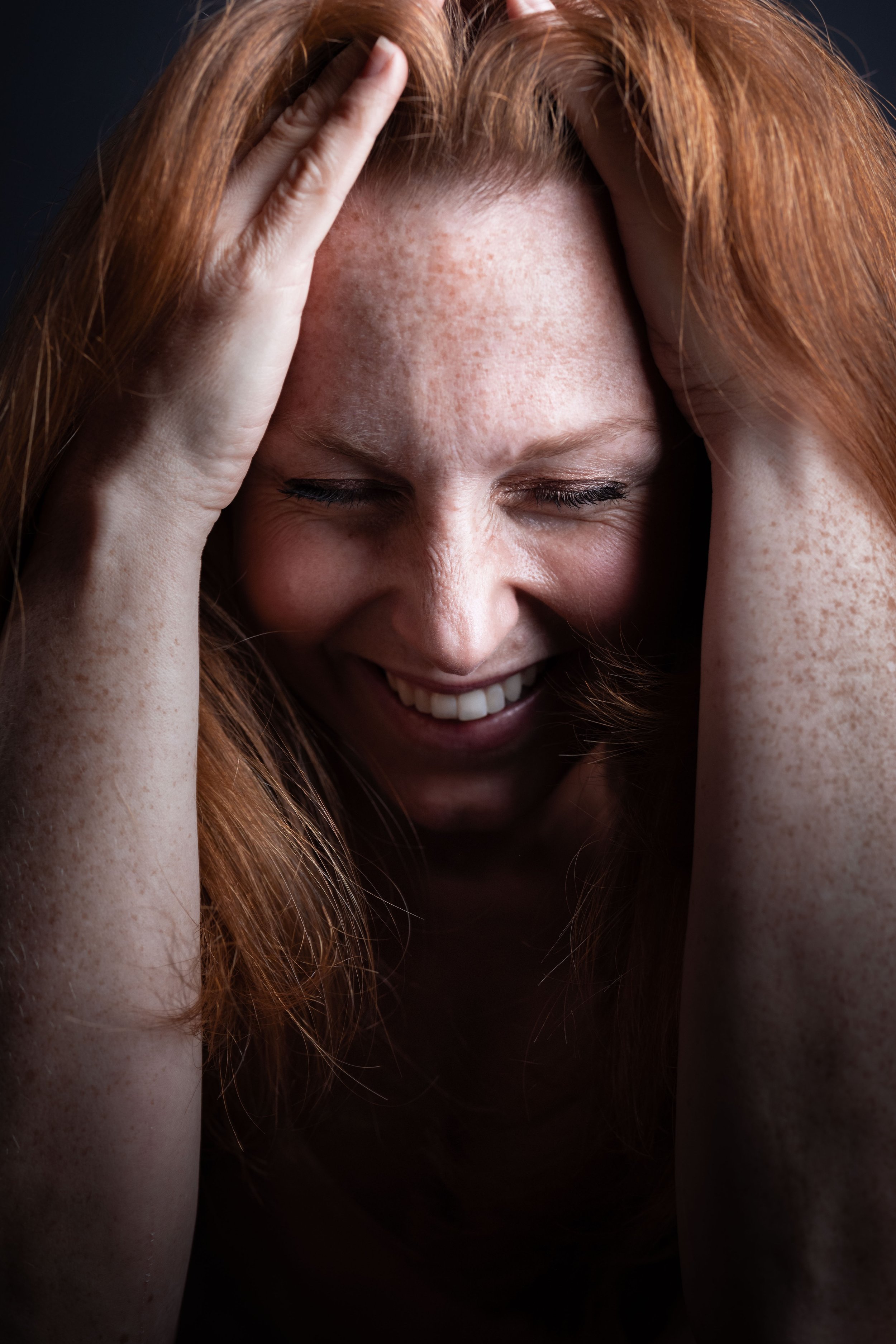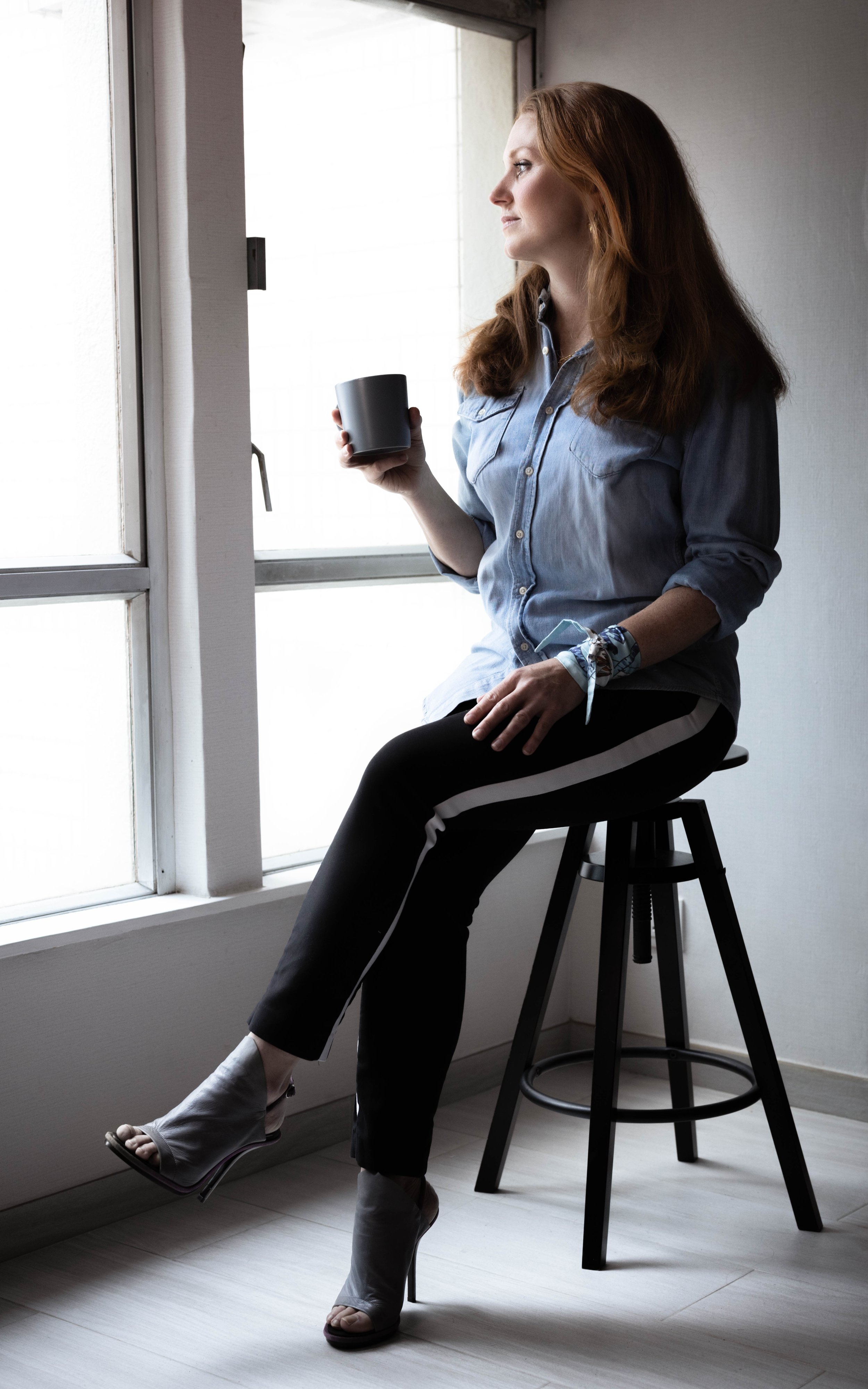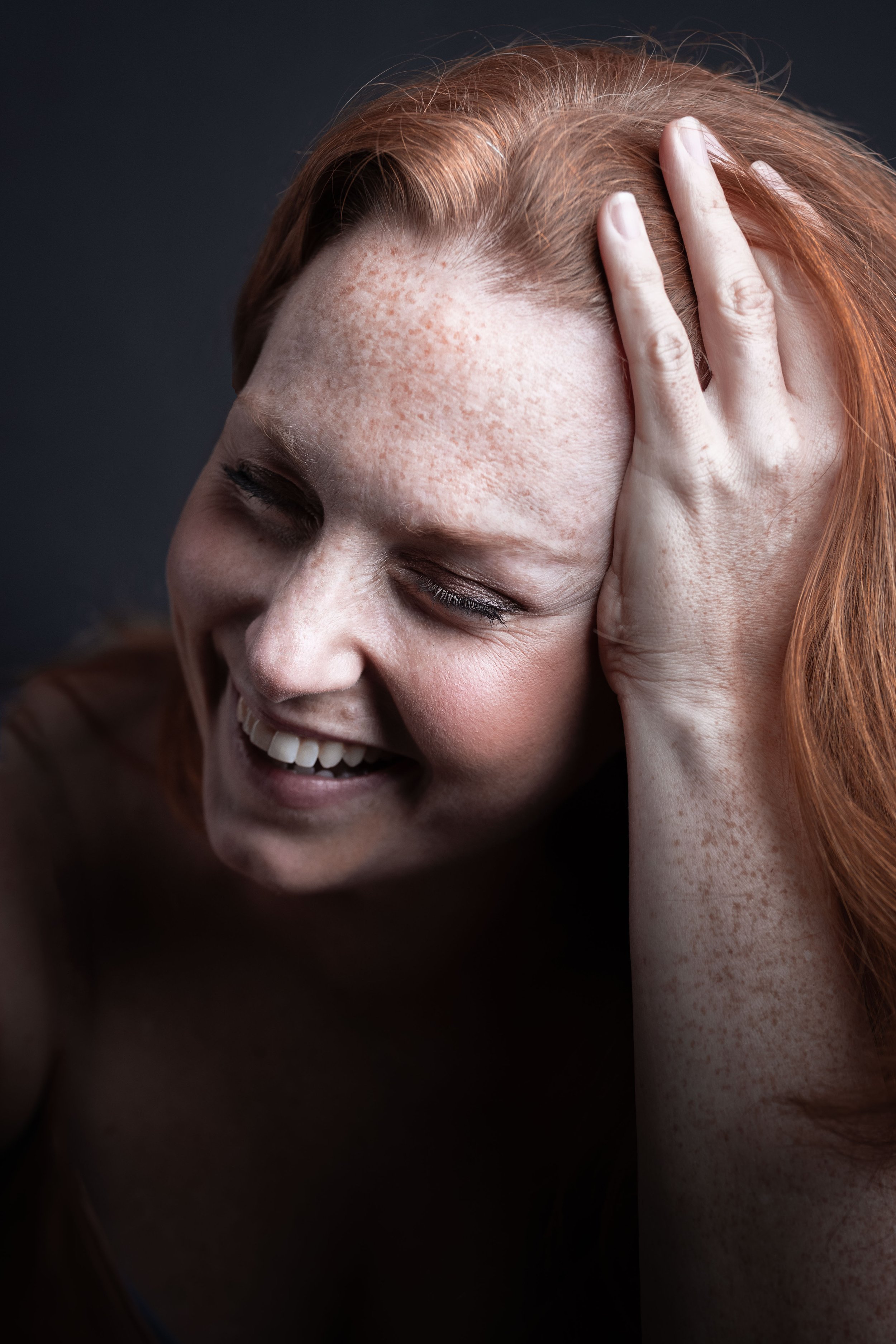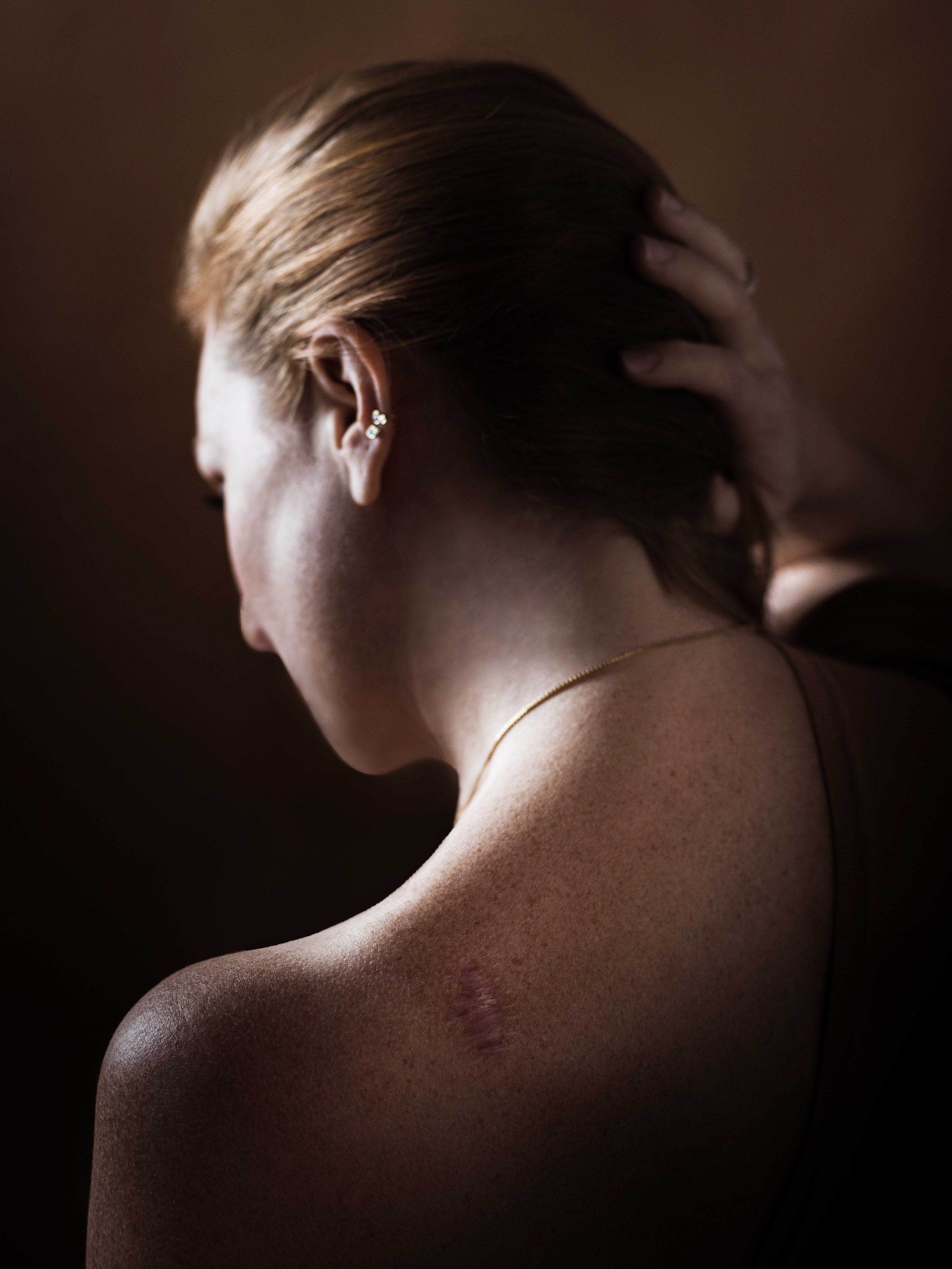
sarah baker
“As a mother, the problem with anxiety as any sufferers will know, is that it’s hard to tell when you are being a normal mum worrying about things, or you are actually struggling with anxiety and your worries are slightly more irrational.”
After my second baby I started to get D-MER (Dysphoric Milk Ejection Reflex) which is officially described as “an abrupt emotional ‘drop’ that occurs in some women just before milk release and continues for not more than a few minutes.”
The brief negative feelings range in severity from wistfulness to self-loathing, and appear to have a physiological cause. It is actually hormone related and not depression, but it certainly makes you feel very sad temporarily, and then it passes within seconds, but it can be so extreme that some women actually stop breastfeeding. For me this wasn’t the case and I made some adjustments to my diet and went for walks outside and eventually it passed. But this was just the beginning of my postpartum issues.
I have suffered from anxiety for many years before having children and I had pretty much learned to deal with it. As a mother, the problem with anxiety as any sufferers will know, is that it’s hard to tell when you are being a normal mum worrying about things, or you are actually struggling with anxiety and your worries are slightly more irrational.
I have always been very good at justifying everything that I feel panicky about. Having had anxiety, I know that it manifests in different forms and since having kids, mine has come through in a variety of ways. For example obsessing about dying. I would sit alone in the dark at night, counting down the years that I might have with my children and how old they would be when I die. Then depending on if I die early or not, how would I be able to help them, and it just goes in and on. I would also obsess over my skin (as I am fair with moles), trying to see whether any of my moles looked like cancer - I still do it, but less so.
My anxiety has manifested at different times after each baby. With my first born it didn’t seem to affect me as badly. D-MER was new to me. I don’t know whether it was a coincidence, as I do believe that your hormones can play a huge part in your anxiety levels. I experienced a constant feeling of panic and had obsessive thoughts about dying, all the while staring at all my moles looking for signs of melanoma.
I had obsessive thoughts and displayed irrational behaviour and confusion when I was out with children, worrying about every single way that they might die or get hurt. I wasn’t able to enjoy any situations especially near water, sometimes seeing things differently as to how they actually are - thinking my children were closer to the water or the road than they actually were.
I continued to obsess over dying, constantly.
The things I have done to help myself include exercising, getting outside, taking courses and starting a business - basically finding other things to focus my energy on. Not drinking too much alcohol or caffeine. Talking to people about it. Talking to my doctor. Whilst I was in the United States, I didn’t know where to start in New York City, and then we started moving around because my husband didn’t have a job. We were under a huge amount of stress, which obviously didn’t help. During my next two pregnancies it seemed that my anxiety only existed in the form of sheer panic
In Hong Kong, there were therapists available, but for me it was about finding the time, and it’s also expensive if you don’t have insurance. Add COVID-19 into the mix, and things became so much more difficult.
As we seem to always move quite soon after I have given birth, I haven’t given myself time to find a therapist, but I want to. Now that we have moved to London, I hope that through my network of Mums, someone can point me in the right direction.
However, in the meantime, the problems are ongoing. My son will soon turn one, and having just relocated, my current issue is having panic attacks in the car. Being unsettled doesn’t help, having a rocky relationship doesn’t help, and now apparently for me, driving certainly doesn’t help.
Each time I get to a peak of anxiety or when I’m feeling down, I wonder if this is the time that I should seek help and get medication. Perhaps this is where hearing others stories through this project will help me.
I generally find that when I have something to focus my energy on my anxiety subsides, but there will always be unexpected situations or life circumstances that can bring it back or at least ruffle its feathers. I don’t think it really ever fully leaves you, but I 100 percent believe that I can manage it and that within me l do have coping mechanisms that will help it pass.”






